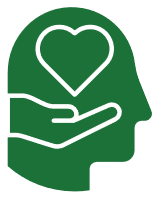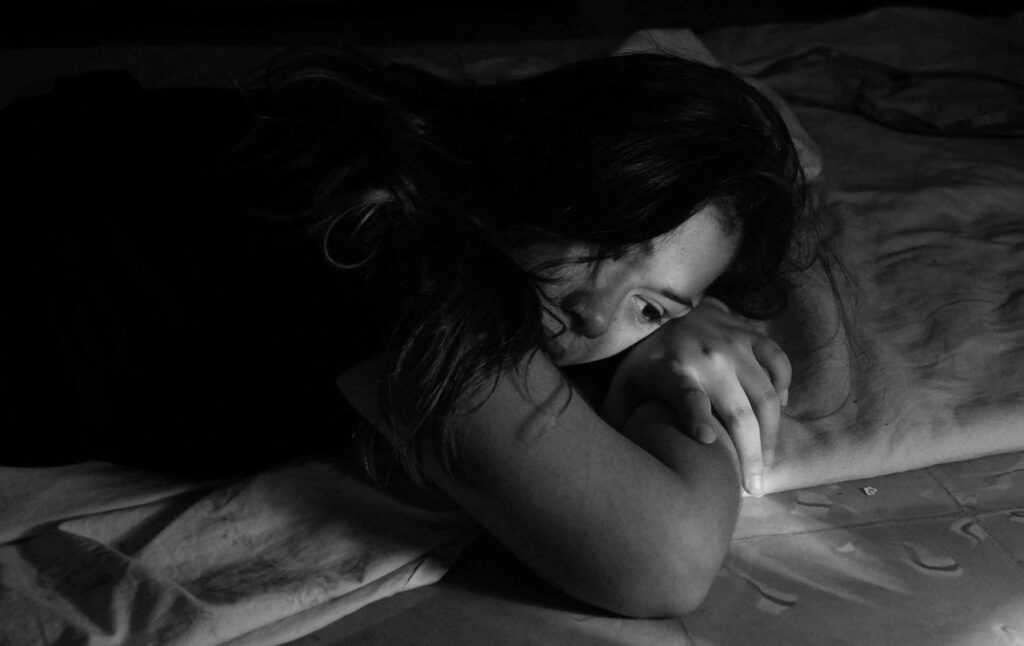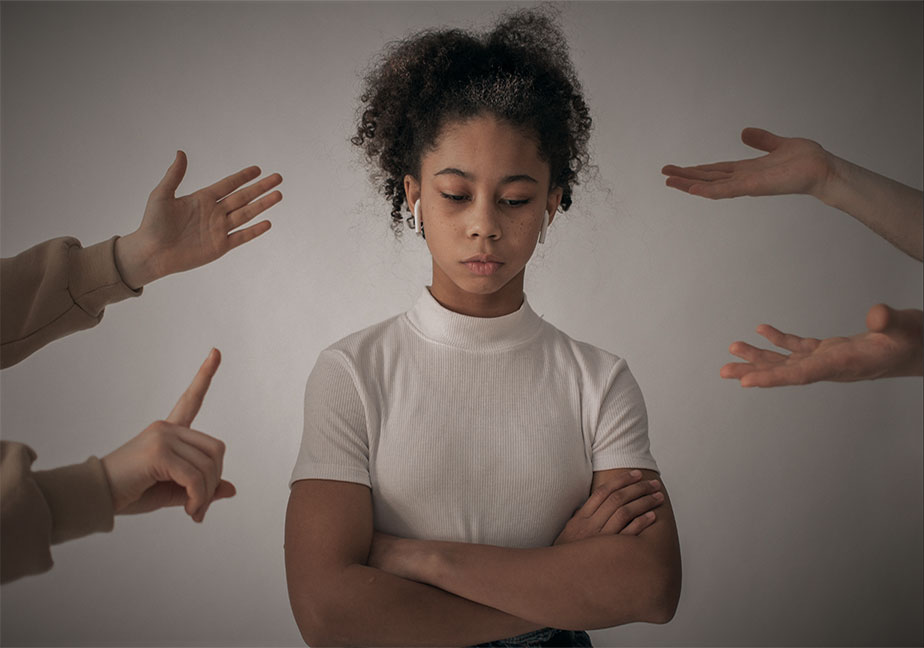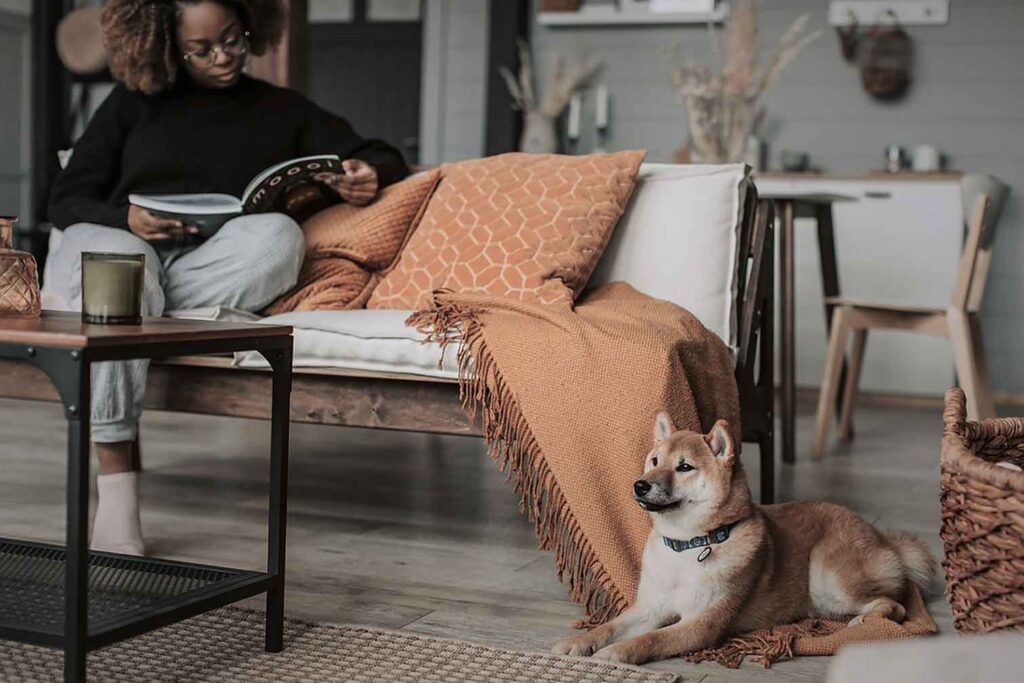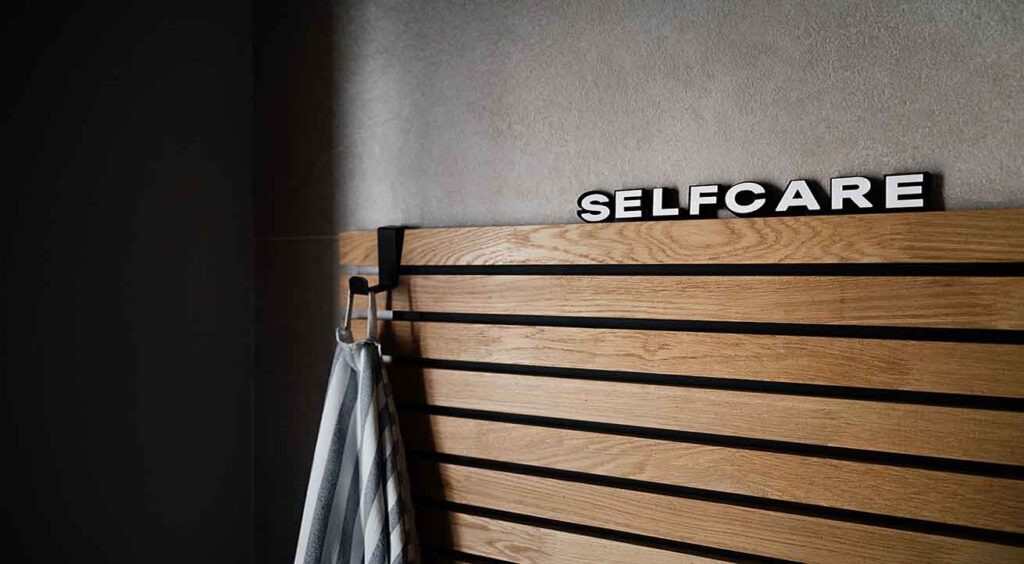By Lovlyn
Creativity allows us to be productive and refresh our minds and bodies. It can positively impact our mental health and can help fight depression.
Creativity is the ability to generate, and recognize ideas or possibilities that may be useful in solving problems.
Depression symptoms like feelings of worthlessness, emptiness and hopelessness, loss of interest and many more can be reduced by getting creative.
There are tons of ways you can get creative to boost your emotions and mood. Searching for ways to get better is the first step to fighting off depression.
Here are 3 ways you can get creative to fight depression quickly.
Create A To-Do List

Creating a to-do list for the day or week has helped me a lot with depression. I always write out what I intend to do for the day, and sometimes a whole week. This helps me stay focused and active the whole day. At the end of the day, I erase all I achieved on my list and make a new list for the next day.
Making a list and planning for the day can increase your productivity and provides motivation. When depressed it is very easy to feel unmotivated to do anything. However, having a to-do list makes you feel the need to do something, and crossing off a task on your list after achieving it, increases motivation.
Planning my day with a to-do list has improved my overall mental health, by boosting my self-confidence and reassuring me of my capabilities.
Now if you are wondering how to create a to-do list or what tools to use, the solution to this problem is simple. You can use a pen and paper, or your smartphone. Thus, write out all the tasks you need to accomplish and estimate the time each task will take. Make a list for the current day only, so you don’t feel overwhelmed and get discouraged. At the end of the day or after completing a task, you can cross it off your list.
Completing day-to-day tasks can be difficult when struggling with depression. So creating a to-do list can help you get through the day. There’s nothing wrong with having something as basic as brushing your teeth or taking a bath on your to-do list. Be honest with yourself and keep things simple.
Also read: Simple Mindfulness Activities You Need To Overcome Depression
Have A Routine
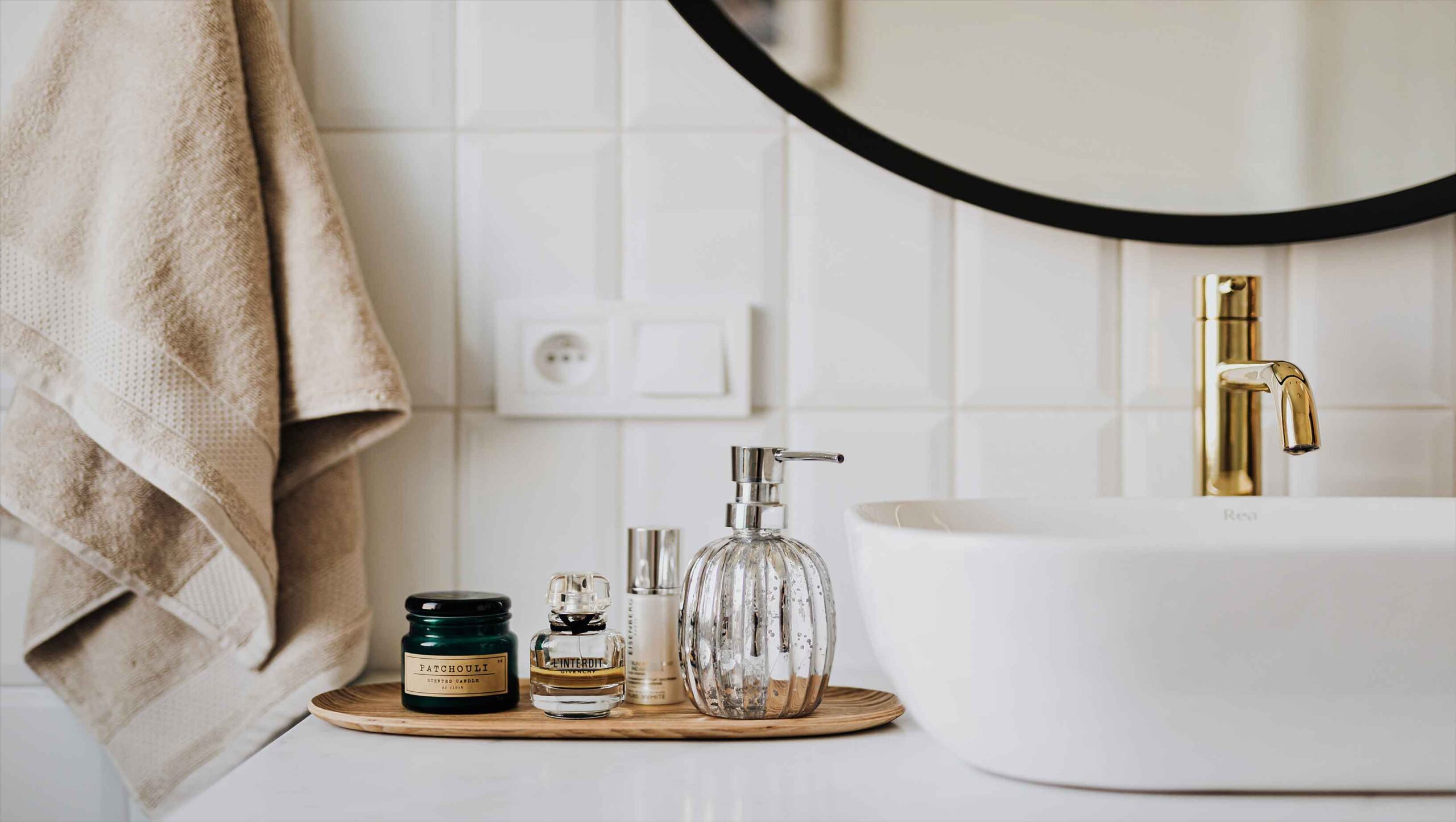
There are so many benefits of having a routine. Routines can improve your mental health and provide all-around psychological benefits. So, you can reduce the symptoms of depression by creating a routine.
Routines are a set of actions you do regularly. It can be hourly, daily, weekly or monthly. Routines don’t have to be boring, the idea is to keep you organized and productive.
The daily habits of someone who is depressed can look different from someone who isn’t. You can create a depression-friendly routine and start your day with a purpose. At least, you can start with getting up every day at a particular time. You can use your alarm to achieve this. Then start the day with a prayer or meditation. Whatever you want to include in your routine depends on you, your needs and your goals.
If you already have a daily routine, you can modify it. But don’t make too many changes at once. Most importantly, pay attention to how you feel and what symptoms you have. Research what works best for you and modify your routine around that.
Having a routine while I was struggling with depression helped me focus on my goals, and I was able to stick to my routine not because I felt like it but because I was used to doing it. And I realized that it helped me fight depression even faster than I expected.
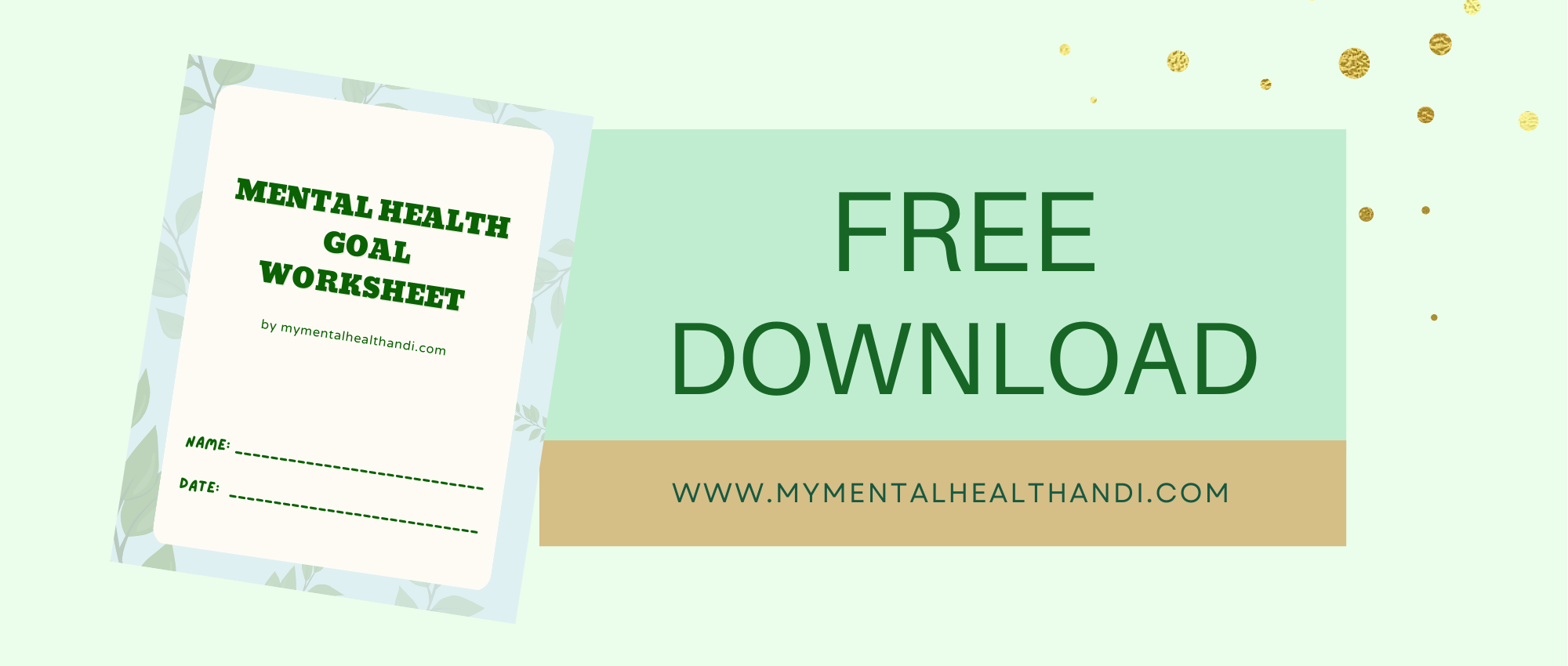 Subscribe to my email newsletter to get a free mental health goal worksheet
Subscribe to my email newsletter to get a free mental health goal worksheet
Get A New Hobby
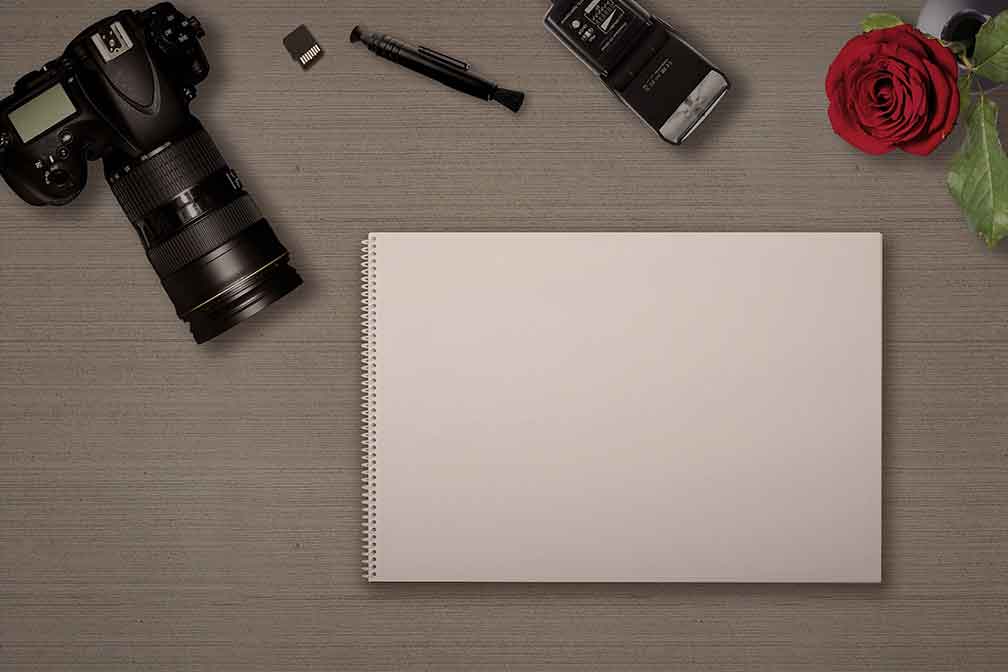
Getting new hobbies is simply just trying out new things. Hobbies give our lives purpose and meaning.
Having a hobby can be beneficial for our mental health and overall well-being. Research shows that people with hobbies are less likely to suffer from depression.
We all have something we do when we are not busy with our everyday schedules. It could be reading a book, playing games or watching a movie.
It’s normal to feel a loss of interest in things when depressed. But this shouldn’t discourage you from trying out new things. Remember the depressed version of you isn’t the real you. There is hope and you can get better.
You can take up a new hobby by writing out a list of things you want to try. Keep in mind that you are looking for something that can help you get better and improve your mood. So, you don’t have to make a long list of things you are not interested in.
Furthermore, you can get inspiration online, and search for hobby ideas. A few hobby ideas include cooking, taking a walk, learning a new language, reading, travelling, and doing housework. It doesn’t have to be any of the things I mentioned and it doesn’t have to be something you need to spend a lot of money on. It can be anything, just find what you like and what’s convenient for you.
You might be interested in: Adult Colouring Books with Positive Affirmations
Conclusion:
These three ways can help you through your struggle with depression and can improve your mental health.
Although some may argue routine can be deadly for creativity, this is true to an extent. But you have to understand that routines can always be modified. You don’t have to wait until you are bored and tired of it before you can make changes.
If you are struggling with depression but haven’t tried getting yourself back up by creating a to-do list, creating a new routine or getting a new hobby, try it out. Trying something new opens up the possibility for you to enjoy something new.
Always remember that there are many ways to cope with depression. Be willing to find what works best for you.
While coping with depression, what other ways have you gotten creative? Please share with us in the comment section.
DISCLAIMER:
This blog post is part 2 of my 5-part series on my best self-care tips for depression.
The content of this blog is not intended to be a substitute for professional medical advice, diagnosis, or treatment. It is provided for general information only.
RECOMMENDATION
If you need help or know someone who needs help with their mental health or mental illness, check out the resource page for mental health resources.
